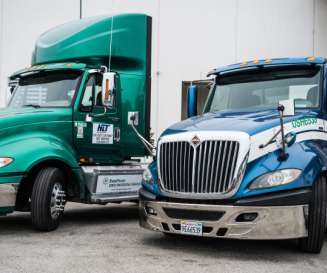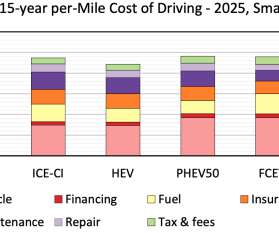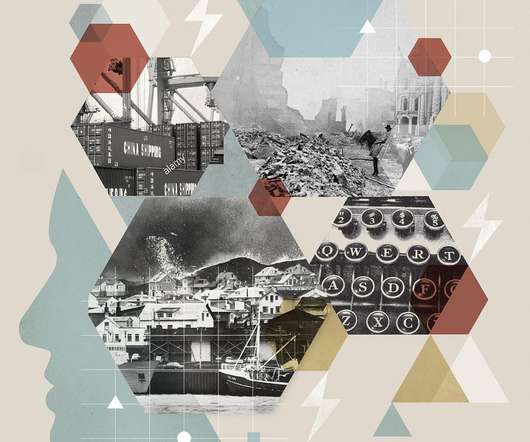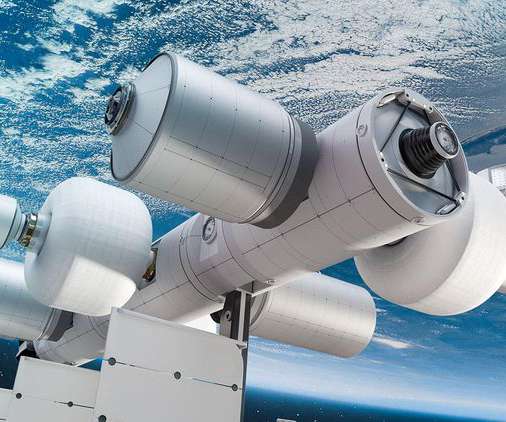NREL report finds electrified heavy-duty vehicle powertrains could provide lower total cost of ownership than diesel under certain conditions
Green Car Congress
SEPTEMBER 22, 2021
A new total cost of ownership (TCO) study from the National Renewable Energy Laboratory (NREL) finds that battery-electric and fuel-cell electric commercial trucks could be economically competitive with conventional diesel trucks by 2025 in some operating scenarios. —Chad Hunter, lead author of the report and former NREL researcher.






















Let's personalize your content